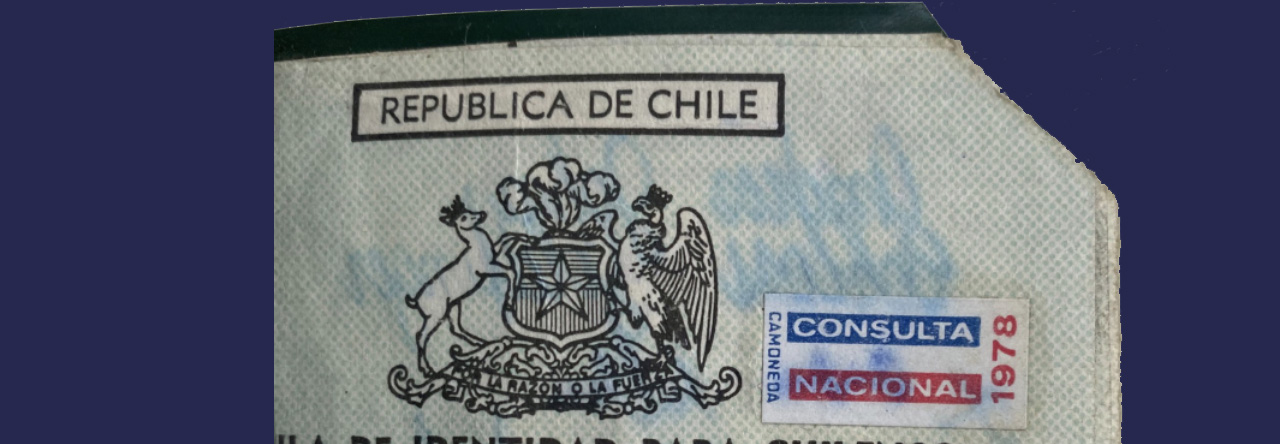Note: It is often taking more than 24 hours for all the notices to go out to subscribers, so I’ll start publishing Sunday’s blog post on Saturday night.
I. John Eastman Again
There was a new filing this week in John Eastman’s fight with the Select Committee Investigating the January 6 Insurrection (the J6 Committee). He is trying to withhold a new set of documents from the committee by claiming various privileges.
First, to recap. Eastman is the lawyer and former law professor who wrote a memo on how to manipulate the procedures in the Electoral Count Act to enable Pence and the Congressional Republicans to overturn the results of the 2020 election. (I wrote about his memo in this Washington Post piece.)
In the last batch of documents Eastman tried to withhold, the judge found that 10 emails were privileged, and all the others must be turned over to the committee. (I wrote about the last court ruling in this Washington Post piece.)
At the same time, the judge issued a blistering decision, finding it was “more likely than not” that Eastman and Trump had engaged in criminal activity.
Here’s the thing about claiming privilege: Privilege can’t be used to cover up a crime. Duh, right? Otherwise, lawyers would be able to get away with anything.
Specifically, the judge found by a preponderance of the evidence that all but 10 of the documents Eastman was trying to withhold were written in furtherance of these two crimes:
Now Eastman is trying again to shield a new set of documents, and from what we can gather from the descriptions, they are 🔥.
It’s clear now why Eastman has been trying so hard to keep these documents from the J6 Committee: He is in deep. We already knew about the extent to which Trump tried to overturn the election. What striking here is the extent of Eastman’s involvement. He had his hand in lots of pots.
The filing is a catalog of bombshells about Trump’s involvement with the schemes to overturn the election. For example, he mentions hand-written notes from Trump:
He argues that his communications with “Congressmen” and “state legislators” are work-product and thus privileged:
The question before the court is whether the documents he is now trying to hide were also part of his conspiracy to defraud the United States by interfering with the certification process.
Because he is trying to show the court that there isn’t evidence that his behavior was criminal, his filing also offers a glimpse of the defenses these guys will put forward against criminal charges.
Notice that “corruptly” is the operative work in the statute:
To demonstrate that the documents were not produced in furtherance of a crime, he offers a “defense” that hinges on the word “corruptly.” Specifically, Eastman argued that he had no corrupt intention. He insisted that his position (the election was stolen) was genuinely held, based on evidence, therefore not corrupt, therefore no crime, and therefore the documents are privileged.
He says that he was engaging in a “legitimate attempt” to prevent a stolen election:
It’s really not believable that he genuinely thought the election was stolen. So you can see that a former law professor and lawyer, to prevent his embarrassing personal documents from being turned over to the committee, must persuade a judge that he’s sort of stupid.
Notice that the court now is weighing the evidence of whether he had a corrupt intent under the lower standard of “preponderance of the evidence.” The finding, therefore, is not a criminal conviction because to be found guilty, the evidence must rise to the much higher standard of “beyond a reasonable doubt.”
In other words, it will be easier for Eastman to persuade a jury in a criminal trial that he is not guilty of a crime than it will be to persuade this judge.
He also throws in what we might call the “paranoid defense” for Trump (#3): Why should Trump believe the people he thought were out to get him?
Partly because of the lower standard (the court only needs to find that he had a corrupt intent by a preponderance of the evidence) and partly because it’s hard to believe he was really that stupid, I expect Eastman to lose this round.
II. Fixing Our Current Mess
I’ve said that the way out of our current mess is for the Republican Party to suffer electoral defeats in the next two elections. This will allow the Democrats to make the kinds of changes that will strengthen our democracy against further attacks: With clear majorities, Congress can reform and expand the Supreme Court, make voting accessible and easy to all citizens (most likely by requiring vote-by-mail for everyone), and pass legislation to help prevent another January 6 fiasco.
Republicans should lose because voters who want democracy outnumber those who do not — but elections hinge on turnout.
So the question is: Will voters turn out in the numbers required to hand an electoral defeat to the Republicans?
This person said:

This person is talking about Chile. Unfortunately, he’s right.
III. Lessons from Chile
I’ve never lived under a dictator, but my husband is from Chile and experienced the Pinochet dictatorship. He had to carry this to prove he voted for Pinochet:
There is an important lesson to learn from Chile.
Facts about Chile and quotations are from Levitsky and Ziblatt’s book, How Democracies Die:

Chile is a good example because—like the US, and unlike other countries who have experienced right-wing uprisings—Chile had a long tradition of democratic institutions prior to the Pinochet dictatorship. In fact, Ziblatt and Levitsky say Chile had one of the strongest democracies in the region prior to Pinochet.
In Sept. 1973, far right-wing Gen. Pinochet pulled off a military coup and installed himself as a dictator. The coup was made possible partly because of a complete breakdown in trust between two of Chile’s major political parties. (Yeah, I know about the US involvement)
The breakdown was so intense that prior to the Pinochet coup, political leaders from opposing parties couldn’t bear to speak to each other.
Even after Pinochet installed himself as a dictator, the “distrust persisted, eclipsing their shared revulsion toward Pinochet’s dictatorship.”
In 1978, the opposing parties started talking. Eventually, they rebuilt trust.
By 1985 the anti-Pinochet forces came together and signed a National Accord for a Transition to a Full Democracy. (Not everyone joined. You’ll never get the hard-core right-wingers) The talks staved off “potentially destabilizing conflicts.”
The lesson: When enough people came together democracy was restored.
America has the chance to skip the dictator stage and just do what Chile did to get rid of Pinochet. The question is, will America do it?
Levitsky and Ziblatt explain that Pinochet-style military coups are very 20th century. The modern way is for would-be autocrats to come to power through legal means, and then once in power, dismantle democratic institutions so they can remain in power.
The idea, then, is not to elect them in the first place.
This brings me back to the 2022 election and the question: Will enough Americans turn out so that we can reverse our current backward slide?
III. I Voted
I delivered my primary ballot.
No, we did not commit Canine Voter Fraud. It was my ballot. J.J. got the sticker because, being a most ferocious watchdog despite appearances to the contrary, he provided the security detail.













